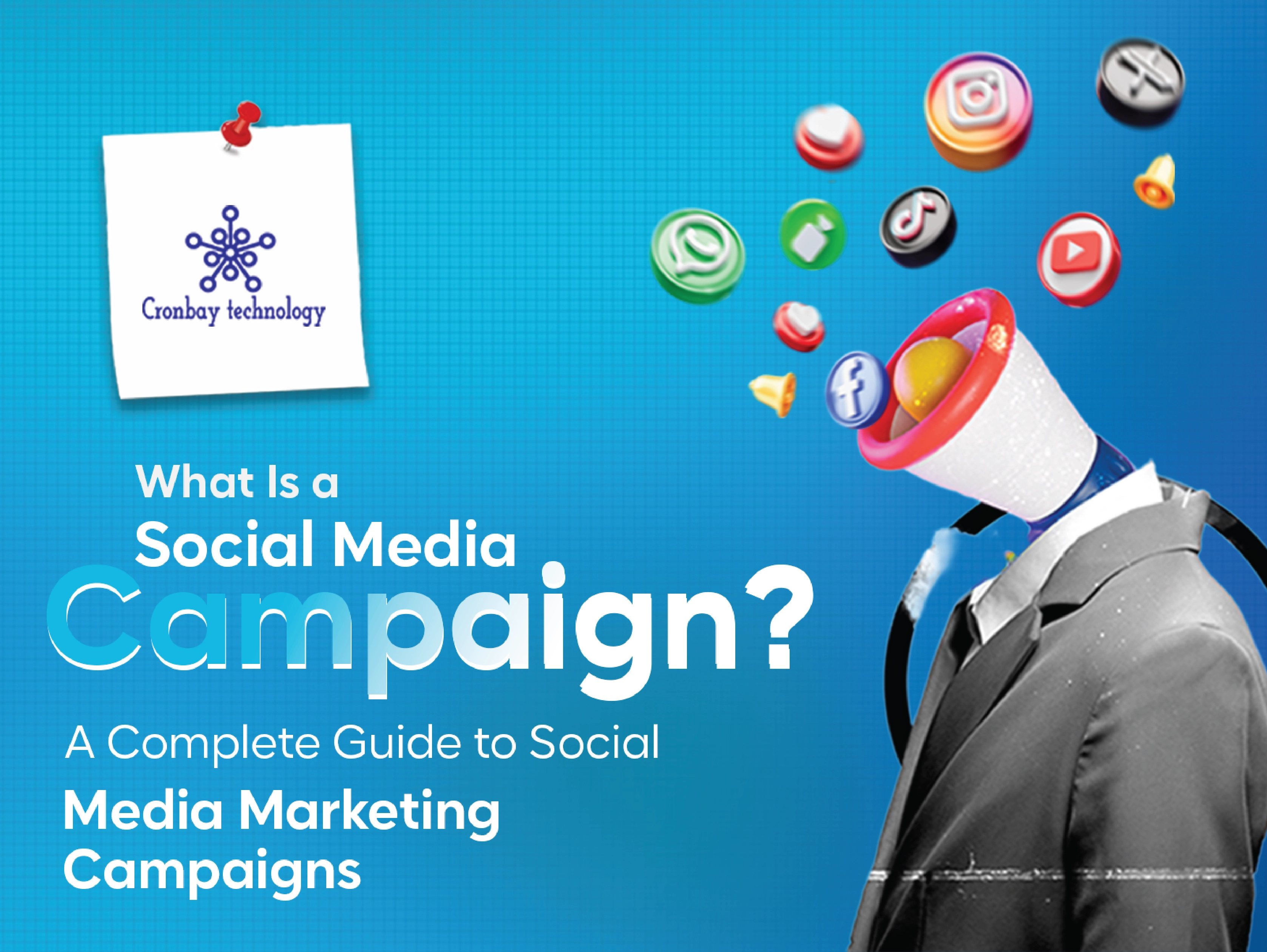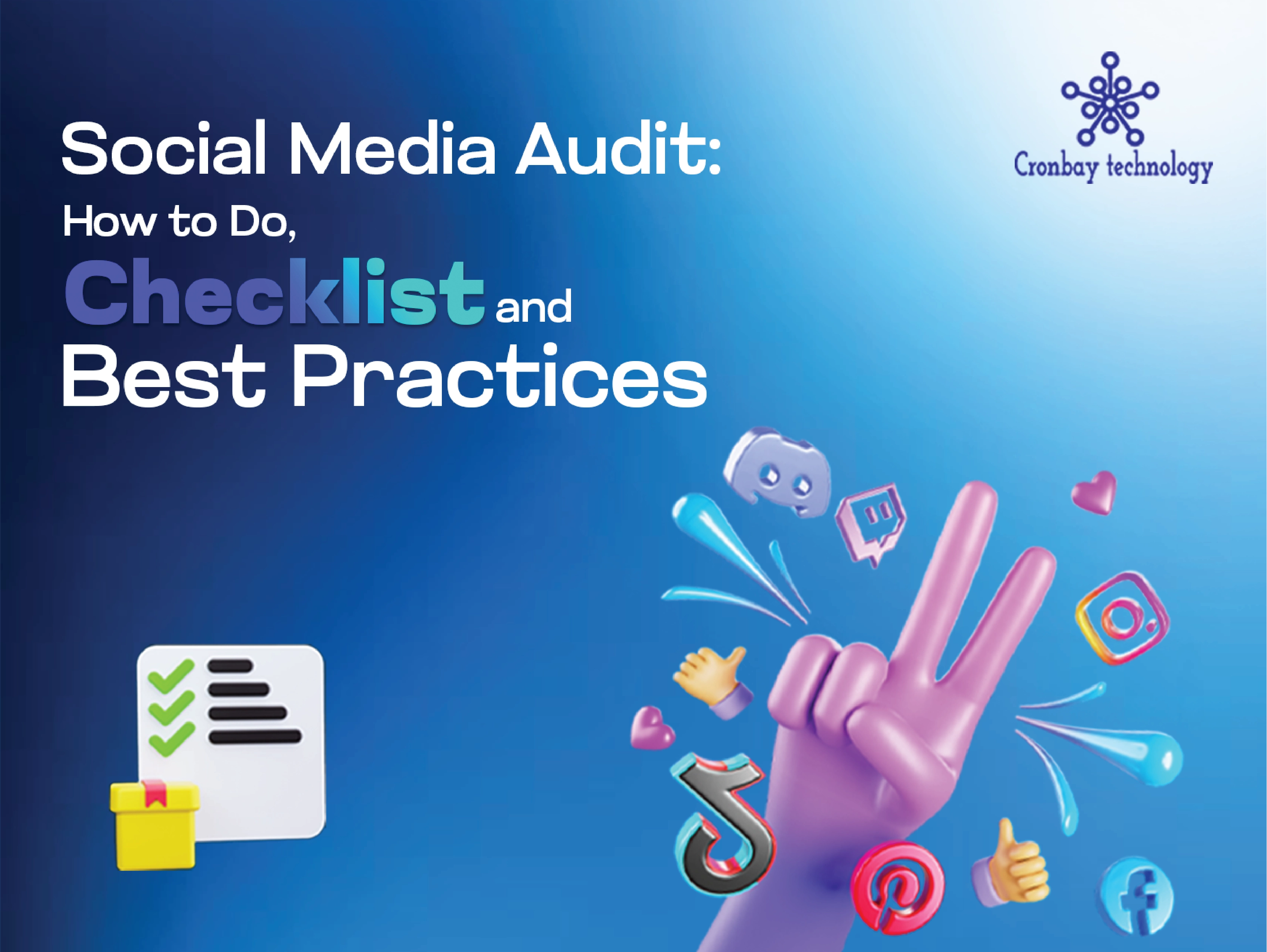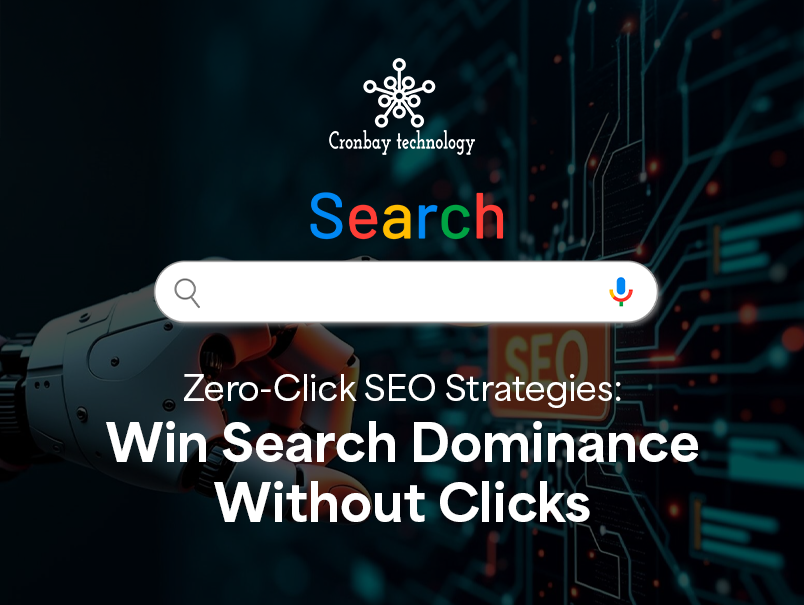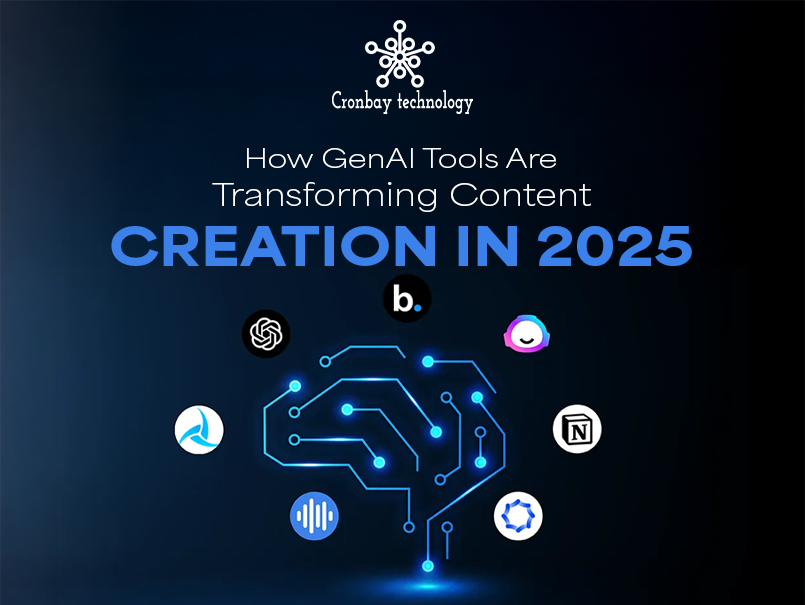In today's fast-paced digital environment, the ordinary consumer or business decision maker is more knowledgeable, discriminating, and demanding than ever before. What does this imply, then? In a nutshell, it indicates that individuals are becoming immune to generic internet ads and old-school marketing tactics. According to financial express , market size for influencer marketing in India is expected to reach Rs. 2,200 crore by 2025. Surprisingly, 92% of consumers say they are more likely to accept personal advice from a stranger than to trust a commercial endorsement from a company they are unfamiliar with. It's hardly surprising that influencer marketing has become so common and successful, given how much weight consumers put on the recommendations of their friends and acquaintances.
Why is influencer marketing important for B2B?
Here are five of the most frequent and significant gains that B2B organisations make by collaborating with external and internal influencers:
1. Brand material that features influential people is more trustworthy and genuine
Finding individuals who already have the desired influence begins with identifying the themes that matter to consumers and where the brand can be more influential. By working with recognised leaders in the field, a company may create content, communications, and sometimes advocacy that rings true to actual consumers' needs, is sympathetic to their struggles, and earns the audience's confidence.
2. Influential members may elevate the brand's position in the market
Key brand leadership messages may be validated by bringing together external influencers and internal executives to work on content, video dialogues, virtual events, and similar exchanges of ideas. Connecting trusted industry voices with brand messaging can drive credibility, differentiation, and leadership. They can take the form of anything from hosting a webinar discussing the findings of the brand's most recent research or whitepaper to hosting a series of Livestream video or podcast interviews between critical executives and external influencers.
3. Consumers and influencers may work together to create superior content
More and more B2B influencers are professionals with media production and industry knowledge. For a brand, this means having the capability to create media like videos, podcasts, graphics and texts that cater to consumers' desires for more immersive experiences.
4. Partnering with influential people may improve search engine optimization
There is a strong correlation between the areas in which specialists have sway in their respective fields and the themes and phrases consumers choose when doing online solution-oriented searches. Improving the discoverability of brand content on search engines relies heavily on optimising content using keywords. One strategy to boost the content's credibility is to include influential figures in the same field. Click here to learn about why influencer marketing is the next big thing.
Is influencer marketing suitable for your brand?
The idea of "influencer marketing" is not brand new. If you go far enough back in time, you may find sociologists to thank for introducing the two-step flow of communication model that forms the basis of influencer theories; this was nearly seven decades ago. It postulates that ideas go from the media to influential people who disseminate them to the general public. The use of influencers in advertising has proven effective. As a result, businesses can concentrate on high-value customers rather than trying to discover and interact with every potential customer. In addition to solving two of marketing's main problems (innovating and adapting), influencers' knowledge and genuine, approachable perspectives help to entice and convert readers. Brands can develop trust, establish brand principles, and, most crucially, avoid being blocked by ad blockers when they work with influencers to produce content that appeals to their target audiences.
Types of influencers in influencer marketing
So, how can you determine which influencers work best for your business? There are five distinct categories of influencers from which to choose the most appropriate ones for your product or service.
1. Mega-Influencers
Mega-influencers are celebrities with more than a million followers who command a substantial online presence. They create a lot of interest and activity on the social media channels where their target demographic congregates. This is why they are so pricey and why firms that want to use influencer marketing find them so appealing.
2. Macro-Influencers
Celebrities, TV stars, sportsmen, and thought leaders are potential macro-influencers whose audiences range from half a million to one million. Brands could anticipate a substantial price tag, but not as heavy as mega-influencers, because of the power of their reputation to attract new followers on social media. While brands still get widespread exposure, the desired level of consumer participation may be elusive when working with this sort of influencer.
3. Mid-Tier Influencers
Mid-level influencers are influential because their fans believe the material they provide, but they aren't quite as well-known as celebrities. These influencers have audiences between 50,000 and 500,000, giving them access to a larger demographic than either macro- or mega-influencers. Each piece has a professional sheen without becoming dated, giving readers a sense of familiarity and trust.
4. Micro-Influencers
Even though micro-influencers don't have nearly the reach of mega-influencers, many companies find that they're more engaged and trustworthy with their target audiences. This is because micro-influencers have a more personal relationship with their audience and concentrate on a particular area. According to a report , micro-influencers can sway the purchasing decisions of 82% of customers.
5. Nano-Influencers
Nano-influencers, who have the fewest followers, can only give marketers a limited and, most likely, restricted audience. What businesses give up in reach, they make up for increased interaction. Brands who collaborate with this sort of influencer may anticipate a unique experience due to the content's high level of authenticity and customisation for the target audience.
When should you use influencer marketing?
Sales, exposure, and favourable impressions of your company within your target demographic may all benefit from including influencer marketing into your overall plan. When does it make sense to collaborate with popular people on social media?
1. Get In Front Of The Influencer's Followers.
Connecting with your intended market might be challenging when you haven't established a substantial online identity for your company. Using influencer marketing, you may reach people who are more likely to become actual customers. Instead of coming out as overwhelming and pushy with your content, influencer marketing may help position your business in a more natural and organic approach.
2. Increasing Your Impact by Leveraging Influencers
When browsing Instagram or Facebook, you can see an ad that isn't very well targeted, which might seem intrusive and break the flow of your experience. This is a common problem since so many inexperienced marketers handle social media campaigns. How do you expand your reach among your ideal customers when more and more people are turning to ad blockers? Therein lies the value of influencer marketing. When consumers see an image of an influencer they have voluntarily chosen to follow, endorsing a product, they have a different reaction than they would have to an ad, but the likelihood of their buying the recommended thing is still high.
3. Let others work together with you.
It's not enough to work with influencers so that they promote your product and create FOMO among their fans. Brands often consult with influential people about everything from their social media and marketing plans to the final designs of their products to ensure that they will appeal to their target consumers. In the end, an influencer has a deeper understanding of their target market than anybody else.
Final Thoughts
It's important to plan out who the influencers are that you want to work with and how you'll engage with them. Keep the future in mind during the campaign. Your mission is to build mutually beneficial connections with influential people. Brand exposure, message dissemination, and customer affection may all benefit significantly from well-executed influencer marketing campaigns. If you need the help of a professional to carry out the campaign, click here to book the appointment today.
Frequently Asked Questions
1. What is the conversion rate of influencer marketing?
Ans. The industry standard for a successful influencer marketing campaign is a conversion rate of 3% or above, regardless of the campaign's duration.
2. Which metrics should be used to evaluate the performance of marketing opinion leaders?
Ans. Metrics like likes, comments, shares, and even mentions of a brand are all ways in which engagement may be tracked and evaluated. A key indicator for gauging the impact of an influencer's content is the engagement rate.





